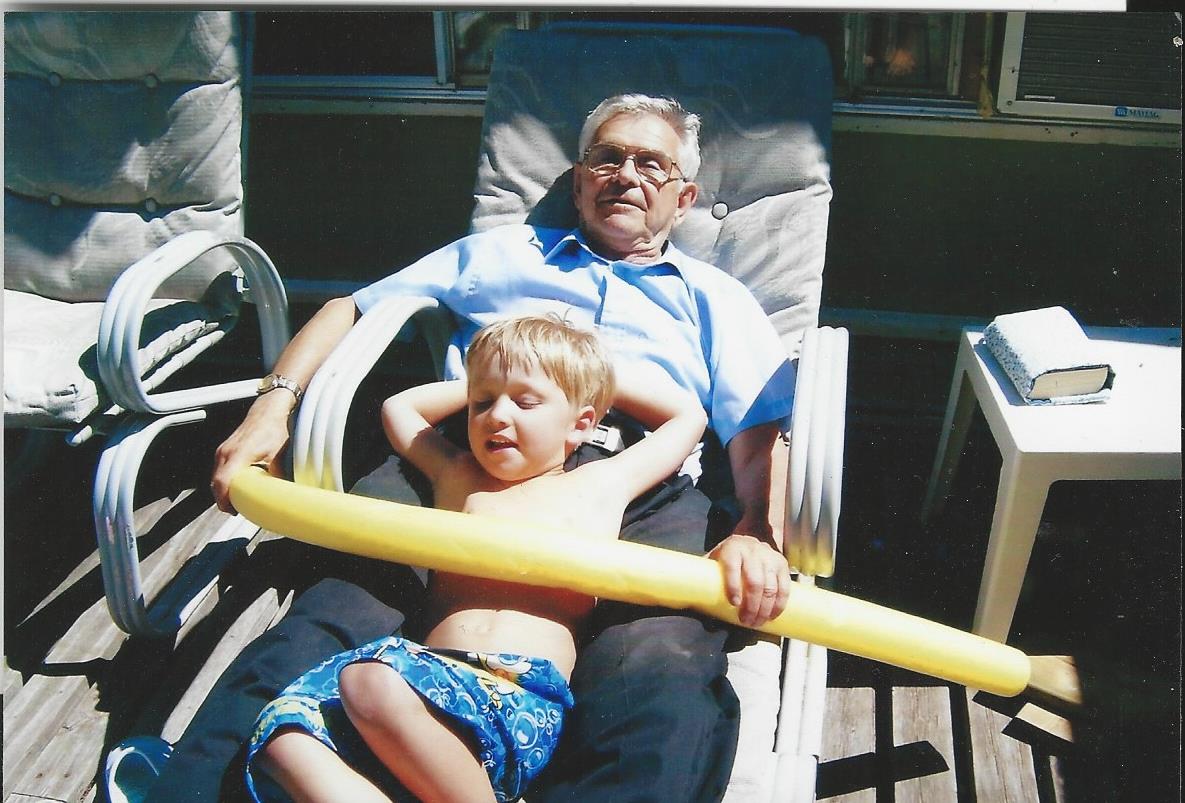
Long term caregiving
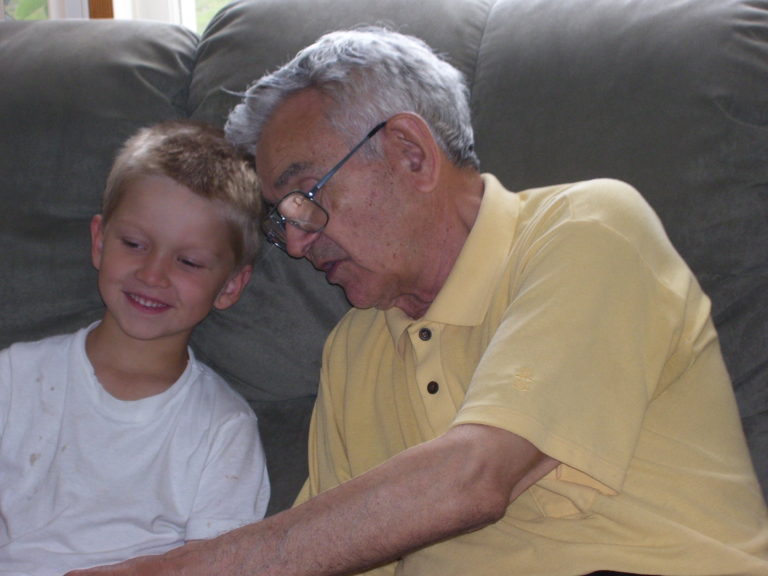
Between the J’s dentist appointment on Wednesday, J’s doctor’s appointment on Thursday, J being sent home for behavioural issues on Monday, and W staying home from school on Wednesday and still feeling crummy Thursday and me getting strep somewhere in the wee hours of Sunday morning, I’ve been thinking a lot about long term care giving, the stresses it brings, and how people respond to you when you’re a long term care giver.
J’s dentist appointment was above average–not great–but above average. I was expecting a superbly perfect dentist appointment like the one a few weeks ago, but this time J started sobbing in the middle of it. Thankfully he wasn’t kicking, screaming, biting, or pulling the instruments out of his mouth like he would have years ago, but tears were streaming down his face. At one point, the dentist miscounted and had to do another 25 seconds and J almost lost it, but I kept saying to him, “This is lap two in your race, J. This is your last lap. like the 800. Just two laps and you’re done.” Because for some reason he gets running metaphors and miraculously we made it through the appointment.
J still had whatever sickness he’s had for 2 weeks now, and so Thursday I took him into the doctor. Sure enough, a sinus infection! Which probably explains the tears at the dentist office. Who wants dental work done when you feel like your face is going to explode?
I probably should have taken him in sooner. But I’ll let you in on a secret. I hate going to doctor’s appointments. Because I feel like I’m always taking J in for something–the chiropractor, the foot specialist (for his orthotics), the dermatologist (the kid has super sensitive, super dry skin), the psychiatrist. I’m going to multiple specialist appointments multiple times a month. I’m tired of filling out forms and the $25 copays every single time we go. I’m tired of rearranging my days to make sure we get into whatever J needs at this very moment. I’m so tired of it, that I put off going to the doctor/dentist/optometrist for my needs for as long as I can because I don’t want to spend another 1/4 of my day at a doctor’s office. (Ex. I needed new contacts back in January, but I’m holding onto my very last pair for as long as I can so I DON’T HAVE TO GO IN).
But despite my best efforts to avoid that “one more appointment,” I found myself in the walk in clinic Sunday afternoon anyways.
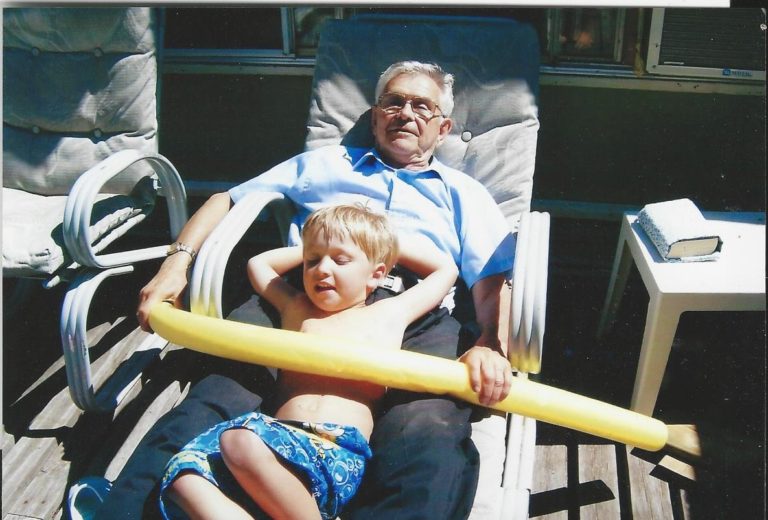
I’ve been thinking a lot about my aunt and uncle who live in Ontario this week, and how, in some ways. We’ve shared some similar, stressful, exhausting experiences. Because that’s what comes with being a long term care giver. My aunt and uncle were long term caregivers to my grandparents for years until they passed away. I’ve been a long term autism caregiver for years now too. But unlike my experience (where J improves progressively, if not slowly, over time), my aunt and uncle had to care for TWO people whose mental and emotional health were deteriorating over time (my grandmother suffered from a rare blood disease that required her to receive weekly blood transfusions) and my grandfather developed dementia.
I had a moment a few years ago where my parents and I were visiting my grandparents in the last few months they were still in their home. They probably should have been in a retirement home years before, but both of them were stubborn, and still wanted to keep their humanity. We had to help them get dressed. Take them to appointments. My grandpa couldn’t remember when to take his pills, so my grandma (who was hard of hearing and almost blind) would give him his pills. Except one day, my mom and I realized that Grandma had given Grandpa her pills and so I spent the next half hour on the phone with Shopper’s Drug Mart trying to figure out what we should do next. I thought, “I swear, this is so much like what I have to deal with sometimes. The dressing, the drugs. Taking them to their appointments.”
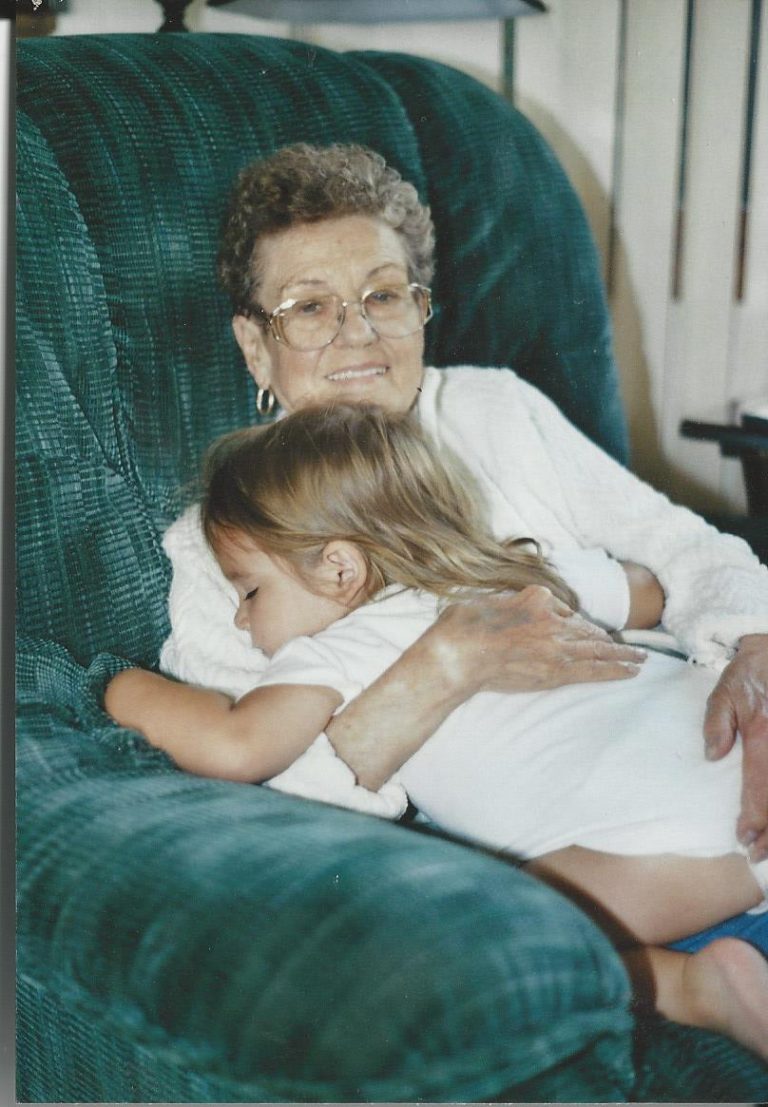
A few weeks before my grandmother passed away, my parents and I were visiting my grandparents again. This time my grandfather was in the Alzheimer care unit of the rest home while my grandmother was on another floor slowly dying from her blood disease. My aunt and uncle, their primary care givers, were in Mexico for my cousin’s wedding (we were up to take their care giving place so they could go to their son’s wedding). Because there were a lot of medical decisions to be made, my mom and uncle were on the phone with each other the entire time of our stay. My uncle was so stressed out that he wouldn’t be there for his mother when she passed. I don’t even know how much of his son’s wedding he got to enjoy.
Here are some things I wish people knew or understood about what it’s like to be a long term caregiver.
YOU’RE ON. ALL THE TIME–Just because we look like we’ve got it together, doesn’t mean that we do. Our life is consumed by caring for someone with special needs. At the drop of a hat–one phone call, and poof you’re day is gone. It’s nearly impossible to be certain what your day is going to look like. Yes, when things are going well, chances are we can assume that we can make plans for our life and carry them out through the day, but even when things are going well, there’s always that slight chance that something is going to pop out of nowhere. That’s why we may look a little frantic or on edge sometimes. It’s sort of a PTSD-type thing we’ve developed. We’ve been conditioned to think our lives are going to be uprooted at any second.
PLEASE. NO PLATITUDES–If I had a dollar for every platitude thrown at me over the past 14 years, I could fund my own autism research. “I couldn’t do what you do,” “You are the only person who could be his mother,” “You don’t know it now, but when you reach heaven, you’re reward will be innumerable.” Those are probably the top 3 I’ve heard (over and over again). I hear them so much that they mean absolutely nothing. I get it, people want to say something kind, but platitudes are a way of saying something kind and yet at the same time keeping distance from the situation.
“I couldn’t do what you do.”–Yes you could. And you would. You would do the best you could in the way you could. And some day you might. You might have a child with disabilities, or an aging mother, or a spouse with cancer and you would do absolutely everything you could to make that son, daughter, spouse, mother, father, friend, partner’s quality of life the best it could be.
“You are the only person who could be his mother.”–Sure, genetically that’s true. But J’s got a bunch of other mothers out there too. His paras, special education teachers, even his friends’ mothers help mother him. Which is great. Because I can’t be my best “mom” every single second of the day. Ask me how you can help be a mom or dad to J, and I’ll let you into the co-parenting gig.
“You don’t know it now, but when you reach heaven, you’re reward will be innumerable.”–That’s awesome. But I’m not really thinking about heaven right now, I’m thinking about how we’re going to get through the next week. And sometimes I want to quote back Han Solo’s line, “No reward is worth this.” Because I’m burnt out and that’s exactly how I feel. The best reward right now? Three days “off” with no worries of being hijacked by an autism meltdown or emergency. That reward sounds pretty darn good right now.
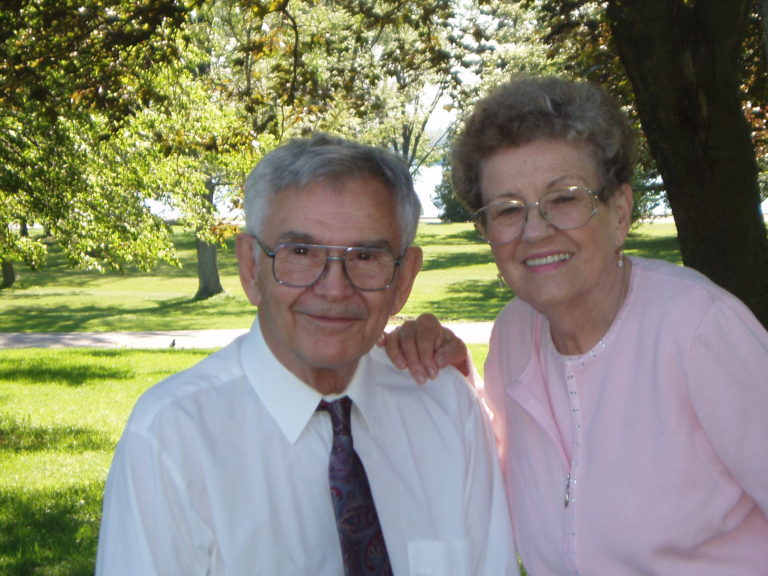
THE PERSON I CARE FOR IS NOT A LESSON–FOR ME OR FOR YOU–If I had a dollar for every time I’ve heard this…Yes, J teaches me a lot about patience and compassion. But that’s not the reason why he exists. He exists because he’s a human just like you and me. And, there is the very good chance that you or me might become that “lesson in patience” for someone else when we age, or when our minds or bodies fail us. I firmly believe that once we start viewing people as “lessons” and not “people” we take away their humanity. I’m pretty darn sure that’s why my grandparents wanted to stay in their own home for so long–even past the point where they could care for themselves–because they knew that once they were “sent away” they would lose their humanity and become a lesson to learn for someone else. Yes, the people we care for may not be the same person we knew 5 years ago. But neither were you. No matter what physical, mental, or emotional state we’re in, we still get to be human. We are still someone’s son, daughter, mother, father, cousin, friend, lover. I love the quote from Kurt Vonnegut, “Every character should want something, even if it’s a glass of water.” He was talking about writing, but I think that applies to the human condition too. If all we are capable of wanting in life is a glass of water, that still makes us a human–there is still character inside of us.
The Becks made it through last week, sickness, drama, and all. And we’ll make it through next week too. Luckily we do have some good support from local friends that step up when we need it. So thank goodness for them! And thank goodness for amoxicillin!

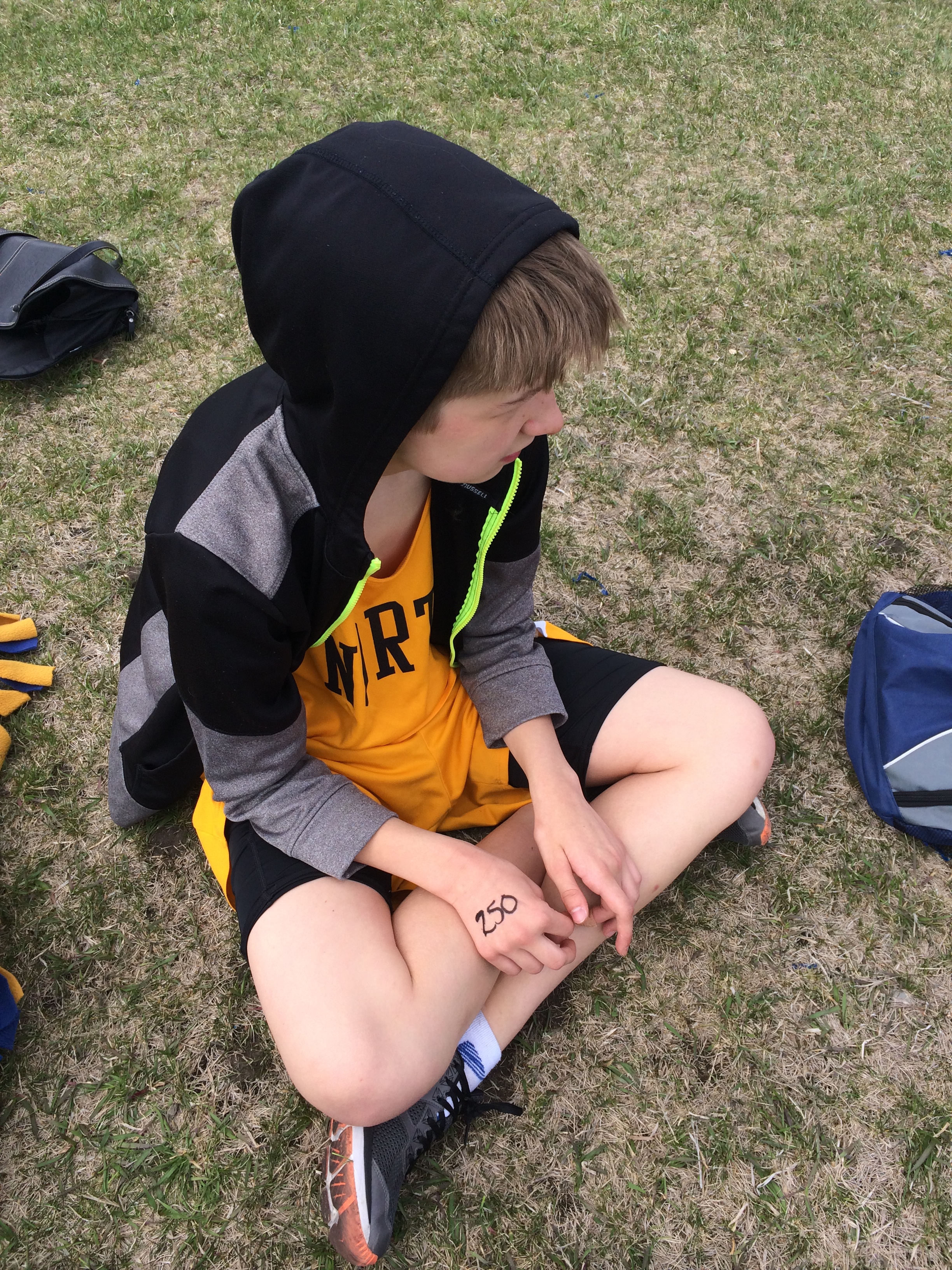
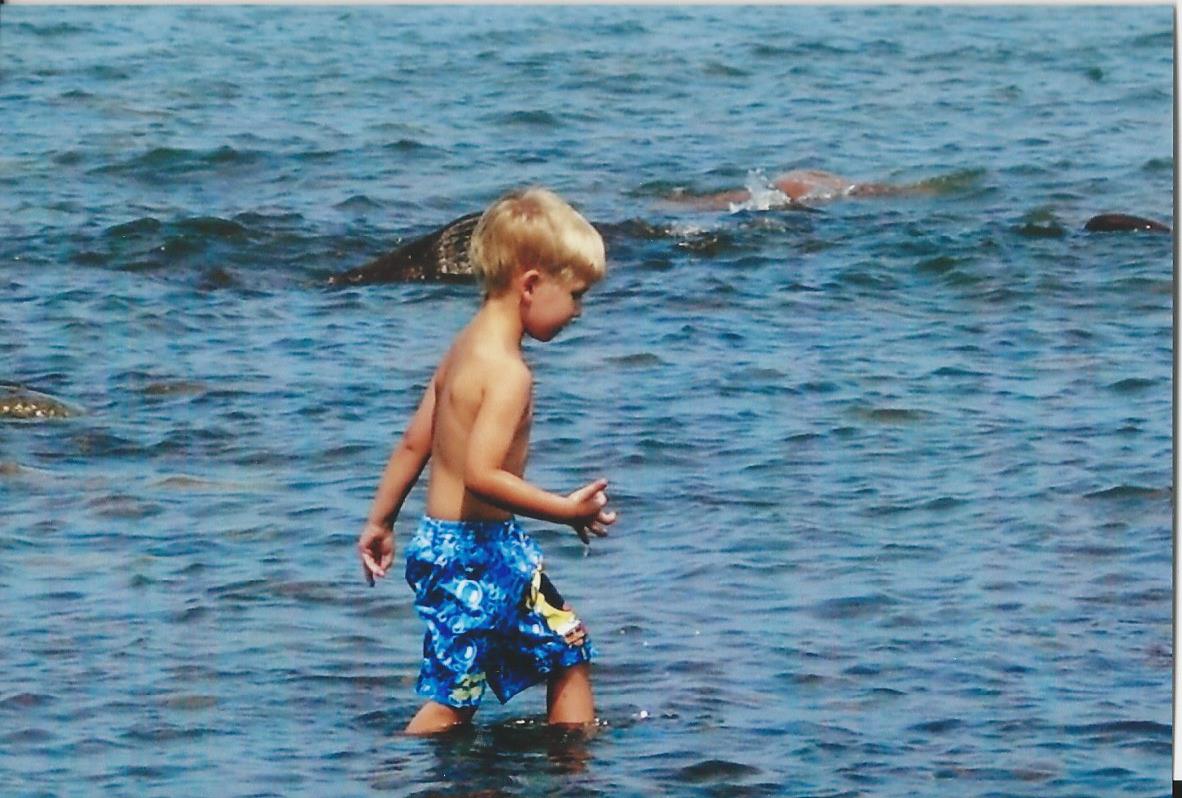
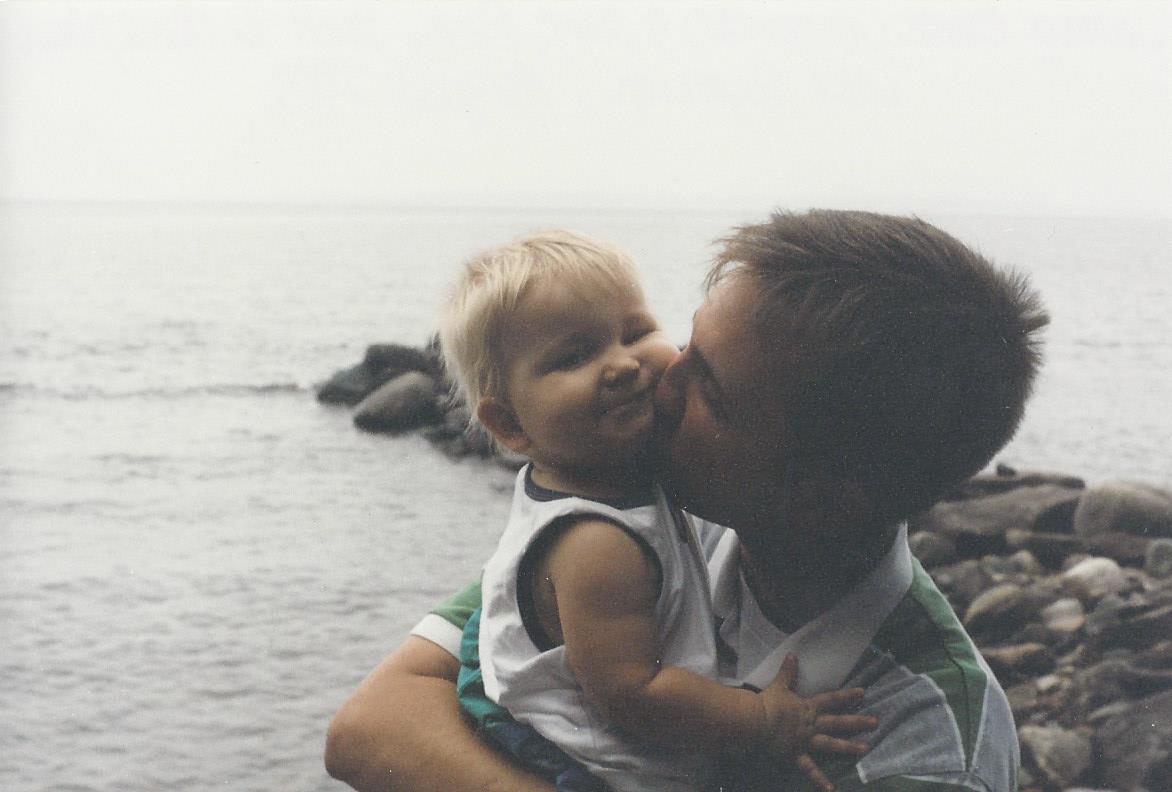

One Comment
Katrina
Love this, Sarah. You are spot on with all of it. And I don’t even have the same things to deal with as you.